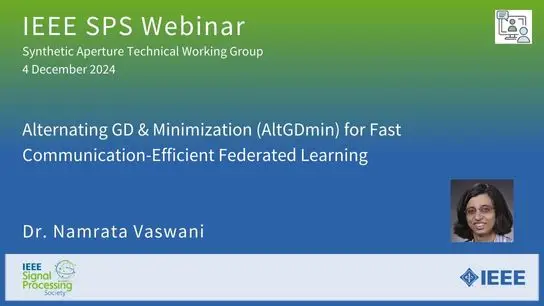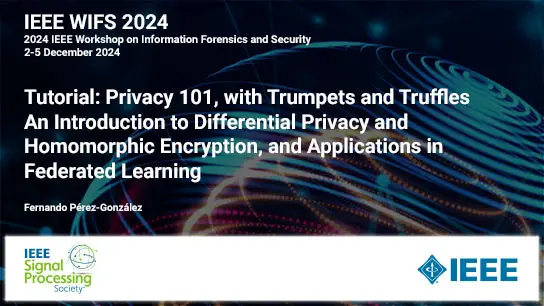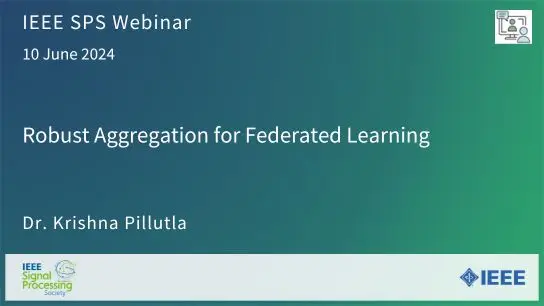ON FEDERATED LEARNING WITH ENERGY HARVESTING CLIENTS
Cong Shen, Jing Yang, Jie Xu
-
Members: FreeSPS
IEEE Members: $11.00
Non-members: $15.00Length: 00:13:56
08 May 2022
Catering to the proliferation of Internet of Things devices and distributed machine learning at the edge, we propose an energy harvesting federated learning (EHFL) framework in this paper. The introduction of EH implies that a client's availability to participate in any FL round cannot be guaranteed, which complicates the theoretical analysis. We derive novel convergence bounds that capture the impact of time-varying device availabilities due to the random EH characteristics of the participating clients, for both parallel and local stochastic gradient descent (SGD) with non-convex loss functions. The results suggest that having a uniform client scheduling that maximizes the minimum number of clients throughout the FL process is desirable, which is further corroborated by the numerical experiments using a real-world FL task and a state-of-the-art EH scheduler.



